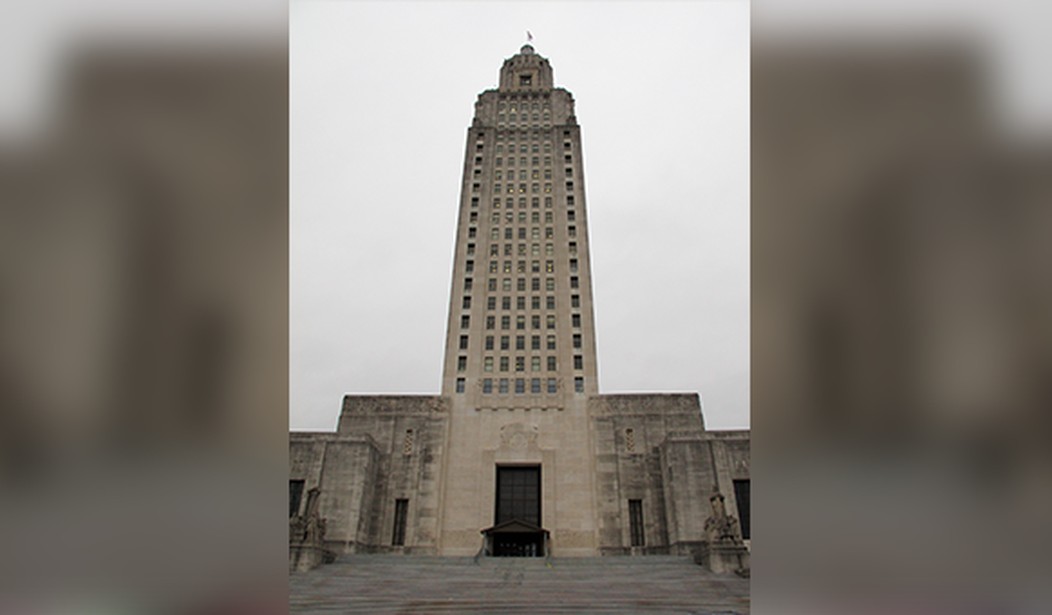If there were ever a story illustrating why Americans should pay close attention to their state and local governments, this would be it. Louisana state lawmakers are pushing a bill that would allow local governments to shield business and financial records from public scrutiny.
House Bill 461, sponsored by Rep. Steven Jackson, advanced without objection on Thursday. The measure would exempt economic development projects from the state’s public records law, which means the public would not be able to view this information. Those pushing the bill argue that it is essential to protect competitive economic negotiations.
House Bill 461, sponsored by Rep. Steven Jackson, D-Shreveport, would exempt records related to local and parish economic development projects from the Louisiana Public Records Law. The proposal cleared the House and Governmental Affairs Committee without objection.
The bill would allow a mayor, parish president or chief executive officer of a local government to declare any records confidential if they determine their public release “would have a detrimental effect” on an active business negotiation. It would also allow the company or person negotiating with the government to request confidentiality.
The secrecy would extend to “records of expenses of the local government pertaining to the negotiation.”
Jackson said he sponsored the bill because when he served on a local government board, consultants from other jurisdictions would file public records requests to find out what incentives they were offering a business. Those neighboring jurisdictions would then offer better incentives to lure the project away.
Those opposing the measure view it as a dangerous precedent that could eventually lead to more widespread secrecy. Scott Sternberg, a First Amendment attorney, noted that this proposal would empower local governments to conceal records simply by claiming they are related to economic development. He explained that “There is an economic development angle to everything that a council does, a parish attorney’s office does, a clerk’s office does.”
Sternberg is correct. If this bill passes, what is to stop local municipalities from covering up corruption by pretending the relevant information is related to economic development? Ensuring transparency means allowing the public to access information about what their government is up to. If local government officials know they can conceal their corruption by claiming economic development, what is to stop them from abusing their positions?
The real impact of this bill would be to limit people's engagement in their local governments. It would go towards cutting them out of decisions made by their elected and unelected officials, and when it comes to proper governance, less transparency is a recipe for disaster. This is especially true with local governments, which are closer to the people and have a much greater impact on their lives. Paying attention to what local officials are doing is essential. But if the state makes it easier for them to hide their wrongdoing, it becomes harder for regular folks to find out.
As House Bill 461 heads to the House floor for consideration, this debate will highlight the tension between economic interests and the principles of accountability and transparency. It won’t be long before we find out which one will win out in the end.













Join the conversation as a VIP Member